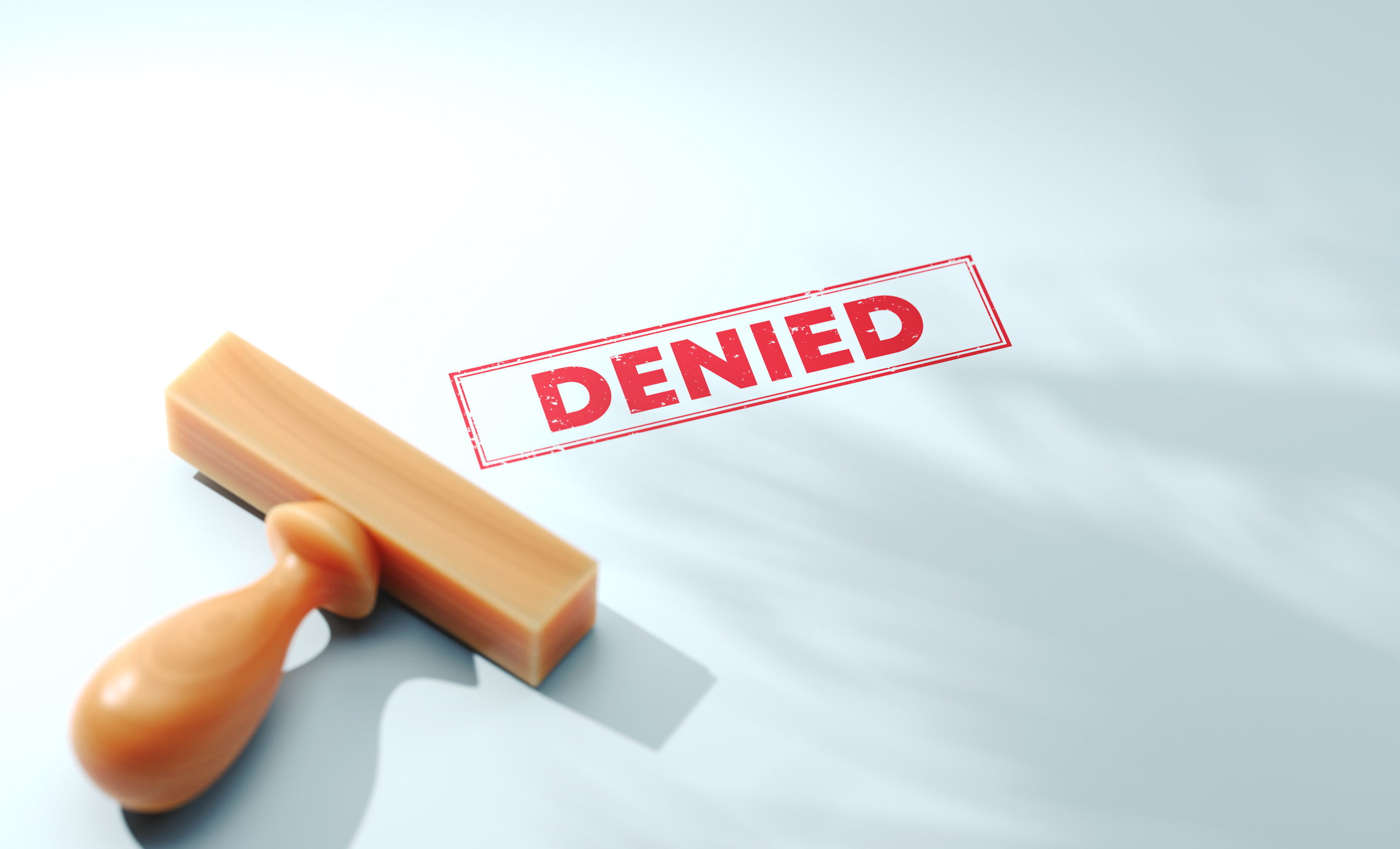The first and worst mistake is not to pursue an appeal—you have the right to do so. In Florida, more than half of initial SSDI claims are denied, and reconsiderations have even lower success rates. Nonetheless, persistence and a hearing before an administrative law judge can carry the day, especially if you have an experienced SSDI attorney at your side.
Disability attorneys often see SSDI claimants making the following mistakes:
Missing the Deadlines
There are four opportunities for appeal from an SSDI denial. After an initial claim denial, you can request a reconsideration of your claim. When the reconsideration is denied, you have the right to request a hearing before an administrative law judge. If the judge denies the claim, you can request another hearing before the Appeals Council. Finally, if this fails, you may be able to file suit in federal court.
You have 60 days to file an appeal, starting from the day you receive the notice of denial. This is counted from the fifth day after the date of the notice unless you can prove you received it later. If the sixtieth day falls on a weekend or holiday, the next business day is the deadline. See the SSA’s appeal guide for details.
You may still be able to file an appeal after the deadline if you can show that you missed it for “good cause.” This can include illness, a death or serious illness in the family, or the accidental destruction of important records. See POMS GN 03101.020.
Understatement or Exaggeration
Those of us who have had chronic pain for some time—or are simply not used to asking for help—may not state the full scope of their issues. Long-term habits of adaptation and minimization can lead claimants to accidental understatement, which could be fatal to a case.
It is crucial to convey your fundamental limitations in the context of your own employment, particularly your inability to sit, stand, or handle objects for the appropriate periods.
On the other hand, some of us may believe the facts are not enough. Examiners and judges have become skilled at spotting exaggerations, especially at hearings—a suspiciously new-looking cane, a theatrical cough. Do not behave in any way or make any statements that you cannot back up with evidence.
Inappropriate Behavior at a Hearing
An SSDI hearing is a court appearance. Claimants should act and dress accordingly, presenting themselves with respect and deferring to the judge. Showing courtesy is not the same as showing weakness. Rather, it is a vital part of demonstrating that you understand the gravity of your request. Your attorney can advise you on this. Moreover, the attorney will take the initiative to defend your rights, so you will have no need to fear that you have not asserted yourself enough.
Inadequate Records
Your medical records are the key to your case. To receive SSDI benefits, you must establish that you cannot do the work you have done in the past and that there is no other work you can do.
Examiners and judges want to establish your residual functional capacity (RFC) for work by reviewing the objective medical evidence, together with other evidence from medical and nonmedical sources. You will need an RFC form from your treating physician, which many first-time claimants overlook. An SSDI attorney knows how to assemble a medical file that will demonstrate the depth and breadth of your disabilities.
Lack of Compliance with Treatment
It is crucial for you to remain compliant with your doctor’s orders—taking medications, attending physical therapy, and otherwise keeping up with your treatment requirements. You should also avoid any possible suggestion of drug or alcohol abuse. The last thing you need is for the examiners or the judge to believe that you do not want to be well.
Flying Solo
Although you can represent yourself and handle your own claim, it is far better to work with an SSDI attorney for your claim and appeals.
For example, at an SSDI hearing, you will encounter a vocational evaluator. This expert will testify to the judge about the physical requirements of your past work and what kind of work you can do under your limitations. An SSDI attorney knows how to cross-examine the vocational evaluator and question them about the scope of your disabilities. Without an attorney, the judge could simply accept the evaluator’s word that you could do some kind of work in the world and dismiss your case.
You may think it’s no surprise that a law firm would say that you need a lawyer, but the fact is that Social Security law is a complex and shifting landscape, requiring local and national knowledge. Upcoming changes in government or regional personnel turnovers may affect your case. Seasoned counsel who frequently works with your field office can make every difference, potentially saving thousands of dollars and months of your life in the long run.
Contact our St. Petersburg office today at 727-477-3263 to schedule your free initial consultation about a Florida SSDI claim or appeal.










